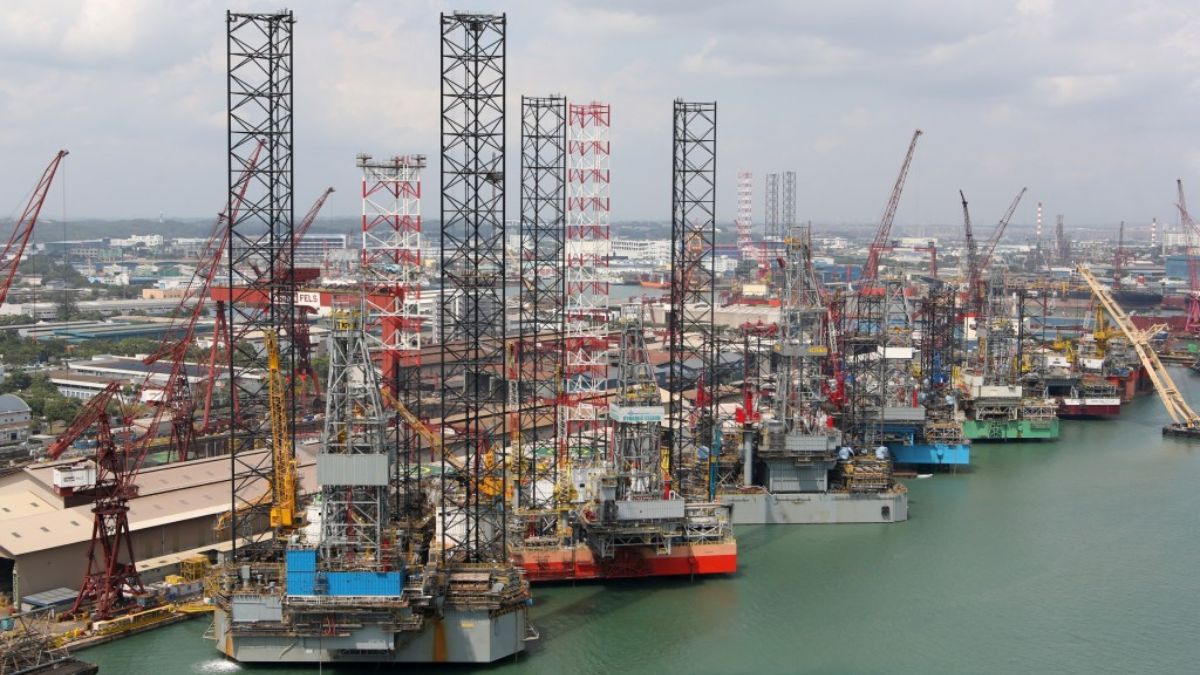Singapore’s customs authorities have recently tightened regulations, implementing more stringent rules to enhance the monitoring and control of goods entering the country. This move comes as part of the city-state’s efforts to strengthen its trade and border security, ensuring that all imports comply with international standards and local laws.
Under the new regulations, traders and importers are required to provide more detailed documentation and declarations for their shipments. The stricter requirements aim to improve transparency in the supply chain, reduce the risk of smuggling, and prevent the entry of prohibited items. Additionally, these measures are designed to combat illicit trade practices, including under-invoicing and misdeclaration of goods, which have been areas of concern for the customs authorities.
The enhanced rules are expected to affect various sectors, particularly those dealing in high-value goods, electronics, and pharmaceuticals, which are subject to tighter scrutiny. Importers are now required to submit comprehensive documentation, including accurate descriptions of goods, country of origin details, and proof of compliance with Singapore’s stringent health and safety regulations.
Customs officials have also increased inspections at key entry points, such as the Port of Singapore and Changi Airport, to ensure compliance with the new regulations. These inspections are part of a broader effort to maintain Singapore’s reputation as a secure and efficient global trade hub. While the new rules may result in longer processing times for some shipments, they are seen as necessary to protect Singapore’s borders and maintain the integrity of its trade system.
As global trade dynamics continue to evolve, Singapore’s customs authorities are likely to adapt their regulations further to meet emerging challenges. The business community is advised to stay informed about these changes and ensure that their operations align with the latest requirements to avoid potential delays and penalties.

